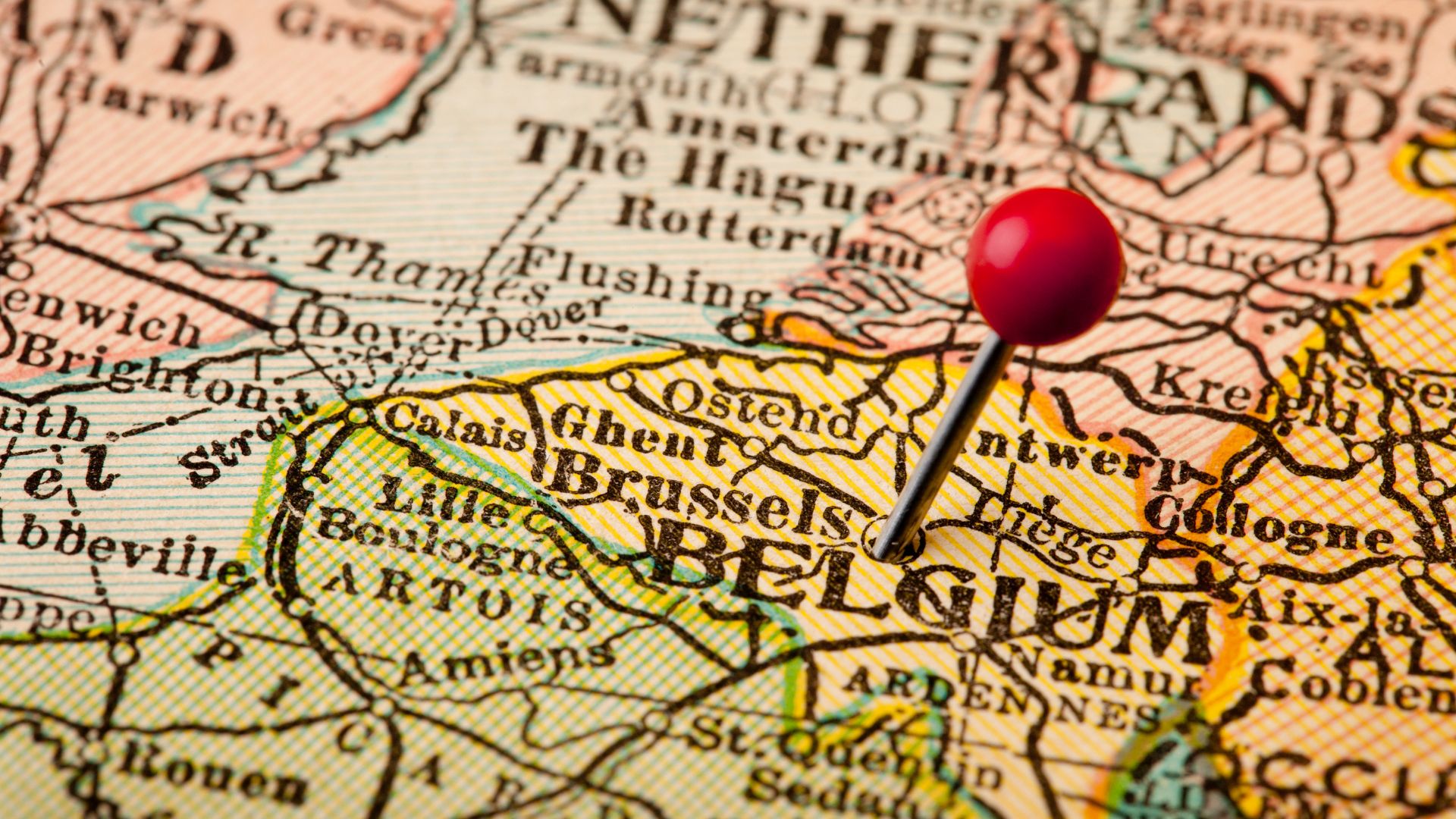Three Communities in Belgium

 Photo by Marius Badstuber on Unsplash
Photo by Marius Badstuber on Unsplash
By Rebecca Isjwara
When discussing countries in Europe, it is pretty normal to encounter different communities that live within the same borders. After all, most of the countries are connected by land and different communities fuse together in a multicultural setting. In Belgium, the three main largest communities are the Dutch-speaking, French-speaking, and German-speaking. It is no surprise that these three are the largest communities—after all, Belgium is bordered by France, the Netherlands, Germany, and Luxembourg.
For a complete list of universities in Belgium, click here.
Untuk daftar lengkap universitas di Belgia, klik di sini.
A brief overview
Belgium’s subdivisions have autonomous power and influence over their areas to a certain extent. For example, public services in the French language area use mostly French, and the same goes for the German and Dutch language areas. Their influence extends to other facets of their lives as well. Apart from the language used to converse, French, Dutch, and German influences can be seen in education as well as mass media in the area. Each region also has significant control over economy, employment, and environment in their respective communities.
The Dutch community
More commonly known as the Flemish community, this particular group is geographically based on the northern half of Belgium, known as Flanders. It hosts Brussels as its capital, which happens to be the country’s capital city as well. As a Dutch-speaking community, the Flanders part of Belgium is part of the greater Dutch Language Union, which includes other members such as the Netherlands and Suriname.
Popular University in Belgium: KU Leuven
Universitas Populer di Belgia: KU Leuven
The French community
The French community in Belgium refers to Belgians who speak French and not to French people who currently live in Belgium. The geographical location for this community is mainly the southern half of Belgium, known as Wallonia. However, the community also points to Brussels as its capital. The lingua franca commonly spoken in this community is Belgian French, which is a variation of the French language and is slightly different from that spoken in France and Switzerland.
The German community
The smallest out of the three communities resides on the eastern part of Belgium and is uniquely situated at the eastern border, called East Cantons. Their areas border the Netherlands, Germany, and Luxembourg, placing it in a more influence-prone geographical area compared to its counterparts. Unlike the other two communities, they have their own government and parliament located at their capital city of Eupen.
Also read: Popular cities to study in Belgium
Baca juga: Kota-kota terpopuler lainnya untuk kuliah di Belgia.
Living together in harmony
Despite the different communities and independent groups, Belgium is known to be one of the safest and most peaceful countries in the world. In fact, the region has seen flourishing artistic and cultural movements that highly impacts the general European art and culture scene. Even so, Belgium does not have any common media that dominates the whole region as a whole, nor does it have a single institution for culture or science that boasts more than one language. Apart from the Royal Military Academy and the Antwerp Maritime Academy, there are currently no bilingual higher education organisations.
Implications for studying in Belgium
Due to the differences that each region possesses, it is important that you not only look at Belgium as a whole when choosing a university, but you should also do a little bit of digging into which particular region your university is located at. For example, the language requirements itself would be a main decision factor as people might mistakenly sign up for a French university, thinking that it is Dutch just because it is located in Belgium. The country does boast world-renowned universities, and its multicultural and multilingual environment could give you a greater and more representative exposure of Europe. Perhaps you can even learn a lot from how the different communities manage to interact and co-exist in such harmony.
For more information about studying in Belgium, click here.
Untuk informasi lebih lanjut mengenai kuliah di Belgia, klik di sini.








